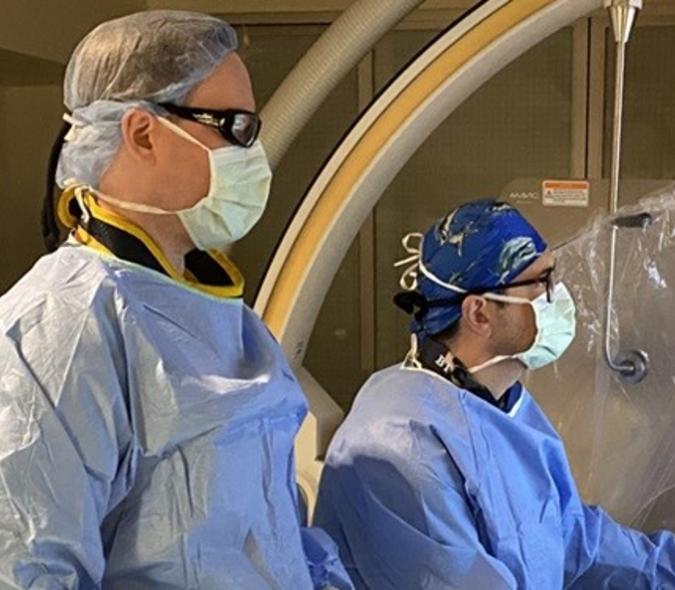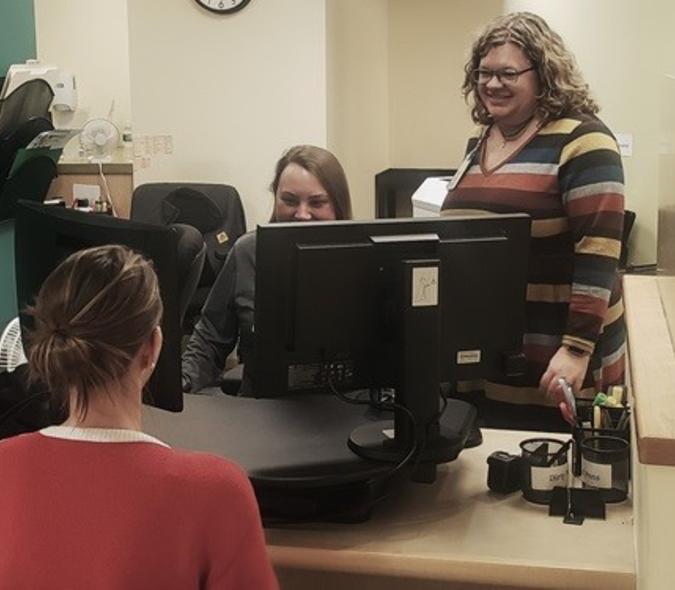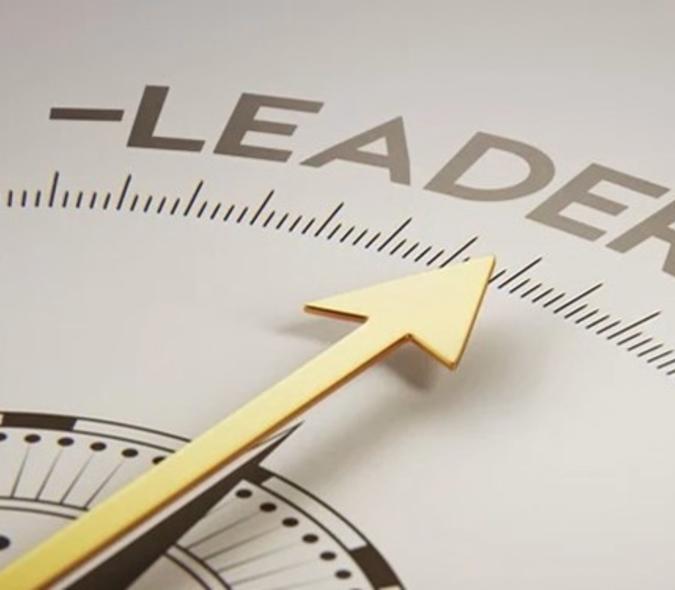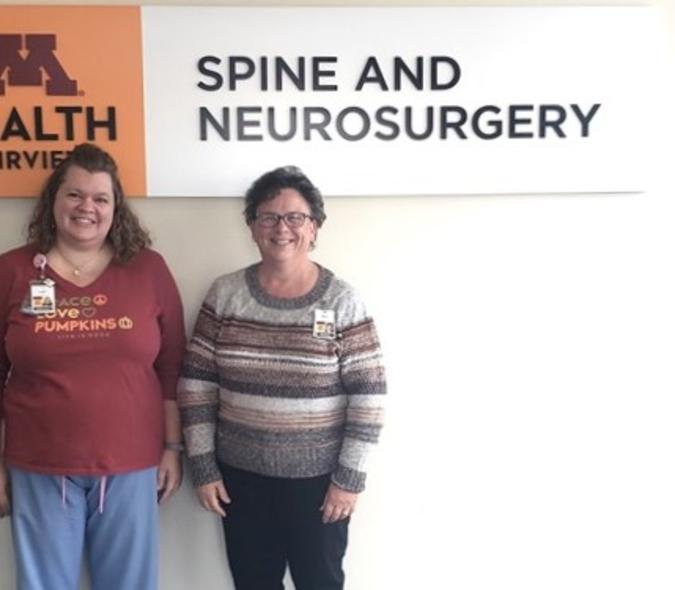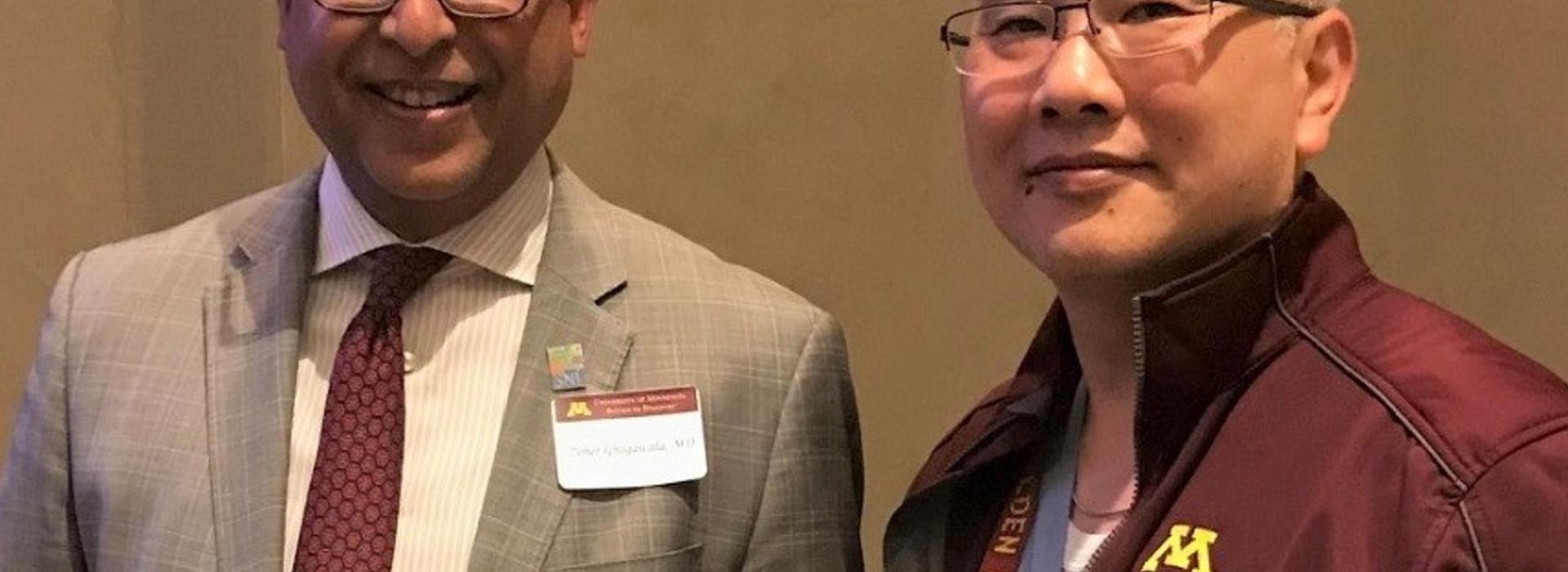
Haines Family lecturer focuses on a collaborative way of using data to improve patient outcomes
Zoher Ghogawala, MD, FACS, Chair of Neurosurgery at Lahey Hospital and Medical Center in Burlington, MA, gave the Haines Family Lectureship on Clinical Research in Neurosurgery, September 6, 2019, in Northrup Auditorium on the U of M campus. His audience of regional neurosurgeons, faculty, residents and staff were excited to learn about his topic, “Generating Neurosurgery Evidence: RCTs [Randomized Clinical Trials], Registries and Now, AI [Artificial Intelligence].”
“If we could predict that Treatment A would be highly reliable for a certain patient, that’s what we would want to do,” Ghogawala told the audience. “The idea of clinical trials and registries is to collect data from patients who have been treated and use that information to better understand what’s going to happen with our next patient.”
Multiple options. How to choose?
Ghogawala, who is also a Professor of Neurosurgery at Tufts University School of Medicine in Boston, noted that neurosurgeons today are confronted with multiple treatment options for their patients. “We cannot, as neurosurgeons, compare these options in a scientific way to know what’s best for our patients,” he explained. “This often results in uncertainty on our part and confusion on our patients’ part. On a societal basis, it results in higher cost because there is so much variation in patient care. Our research is trying to find strategies for getting good, reliable answers for neurosurgery patients faced with a number of treatment options.”
In addition to serving as the co-director of Lahey’s Comparative Effectiveness Research Institute, Ghogawala helped found the CSM-S Study Group in 2012. CMS-S is a group of about 30 neurosurgery and orthopedic investigators collaborating to analyze collected patient data from the United States and Canada to develop clinical recommendations. “This is where government and philanthropic funding has been so helpful to create the kind of research platforms that are facile and able to permit the upload of data in an efficient and analyzable way, but it takes time and effort,” he said.
Choosing which data matters
“Our research group has been successful in doing this because we’ve identified up front which aspects of the electronic health record we need to store,” continued Ghogawala. “Just because you have tons of data on patients doesn’t mean that it will be useful for clinical decision making. As the first step, we’ve defined the types of data that we should store, and they have been judged by neurosurgeons as being highly critical for clinical decision making. We also collect clinical outcomes for patients, which allows us to take new patients and see which analyzed treatment might be best for them.”
Imaging data is critical
An added layer of data that the Study Group collects is patient imaging studies. “We believe that it’s essential to have primary imaging data as part of the profile we store for each patient,” said Ghogawala. “That’s been very useful for our analytics and helps us see patterns that you might not ordinarily expect. It also gives us the ability to look at certain patient outcomes and determine why we’re seeing them, which is much easier when you have postoperative imaging.”
All this data comes with a price. “Anytime we talk about AI and machine learning, you want to have a rich dataset that contains information from a whole host of patients,” explained Ghogawala. “Generating those numbers takes time and funding. We’ve made substantial headway but increasing the number of patients involved in our study efforts is our goal so we can have the information we need for AI development.”
Expert analysis required
The data also requires expert analysis. “That’s where real collaboration among neurosurgeons, biostatisticians and machine learning experts comes together,” Ghogawala said. “They look at the data for patterns that predict what happens next with patients. For example, you could look at a trial with 1,000 patients. In that trial, Treatment A is less effective on average than Treatment B for that population, according to the biostatisticians. When you see a new patient in your office, you realize that the patient does not fit that ‘average.’ Individual patient characteristics, expectations and desires come into play that you want to try to optimize for them. What Clinical Trials do is tell us what the average is for 1,000 patients, but we want to now use AI to understand, based on the collected data, whether the outcome predicted for Treatment A versus Treatment B is going to apply more directly to this particular patient.”
The future’s so bright
“The most exciting element is that these types of research collaborations have energized surgeons to think more about the future patient than the past patient,” said Ghogawala. “We will be able to leverage AI technology to understand the patients we’ve treated in the past, the imaging generated from those patients, and identify new patterns that allow us to treat patients better in the future and have more certainty about determining what a patient’s treatment should be.”
This all applies to patients in Minnesota. “We live in a world where we have access to global expertise,” explained Ghogawala. “The average patient in Minnesota should understand that medical care today doesn’t necessarily just stay in their local doctor’s office. Their doctor should be able to access global expertise when determining a treatment approach. This is a step in that direction where we can connect patients to doctors in different parts of North America and the world.
The most important relationship
“I’m a big proponent of obtaining multiple opinions and getting global expertise about what we should do for patients to optimize their outcomes.” Ghogawala continued. “That said, I think there is nothing more important than the individual doctor/patient relationship. Your doctor is still the most important person in making your medical decisions. But we now have a system that enables your doctor to access global expertise and bring that knowledge to their office so they can sit down with you and make better decisions.”
More about Global Opinions
The Study Group collaborators want more physicians involved to make the registry available to all their patients. “It requires a certain amount of effort by the physician to get their patients enrolled in these projects,” said Ghogawala. “Our hope is that by publishing the results of our studies, more physicians will want to help collect these types of data and to have their own patients participate in improving the overall quality of patient care.”
Want to participate in this work? Go to www.NidusAI.com (a research platform that allows patients to speak to their doctors about getting their information uploaded in order to get multiple global opinions about spinal problems).
More about the Haines Family Lectureship on Clinical Research in Neurosurgery
In 2011, to recognize the importance of work being done in evidence-based neurosurgery and to bring outstanding practitioners of high quality clinical research to the department, recognize the visitor’s accomplishments, and stimulate more high quality clinical research, Neurosurgery Department Professor Stephen Haines, MD, and his late father, neurosurgeon Gerald Haines, MD, endowed the Haines Family Lectureship in Clinical Neurosurgical Research. The lecture brings a recognized authority to the U of M Neurosurgery Department each year to interact with residents and faculty and give a lecture to the Minnesota neurosurgical community.
